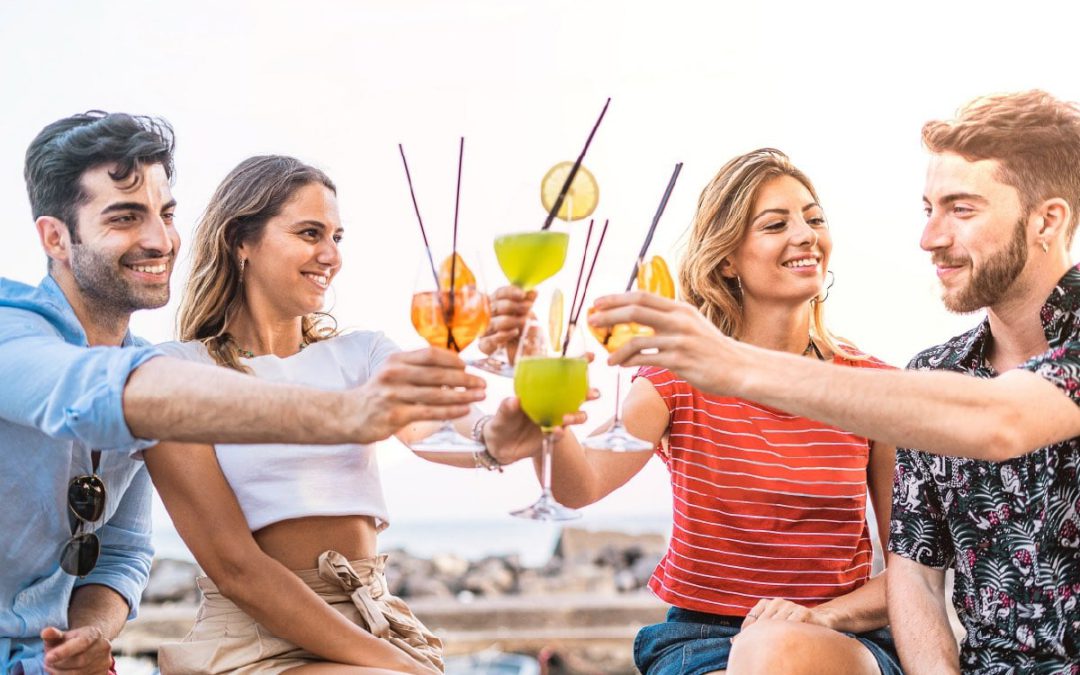Gain valuable perspectives
Stay on top of North America’s latest market trends, industry shifts, and more with our latest insights.
Get the latest news
Inform your strategies and get better insights through our latest free reports and articles.

The Rise of Composting: From Niche to Norm
Composting—once a practice reserved for the most dedicated environmentalists—has blossomed into a mainstream movement, reflecting a...
A Sustainable Shift: Navigating the Sustainability Movement in Society
Sustainability has transitioned from a niche interest to a central concern in today’s society, reflecting a profound shift in attitudes...
U.S. Residents Still Feel Economic Impacts on their Personal Finances
Every month, we conduct a survey of U.S. residents to explore their views on the economy, finances, and the government. This month, our...
Leger x WIN: Gender Equality Across the World
Leger is proud to be a part of the Worldwide Independent Network of Market Research (WIN), an organization of different market researchers...
What Does the U.S. Think of California?
In the heart of America's imagination, California continues to shine as a beacon of innovation, cultural richness, and economic dynamism....
Explore new market intelligence
Level up your decision-making in your industry with research-backed intelligence to propel you forward.

Exploring the Sober Curious Movement: A Generational Shift
Has the evolution from “Dry January” to “Damp January” potentially paved the way for a longer-lasting “Sober Curious” lifestyle for...
Beyond the Buzz: Defining the Sober Curious Movement
Have you noticed your friend, nephew, or spouse ordering a mocktail or picking up an alcohol-free canned beverage lately? Enjoying time...
U.S Residents Continue to Experience Economic Downturn
Every month, we conduct a survey of U.S. residents to explore their views on the economy, finances, and the government. This month,...
How Are U.S. Residents Managing Their Finances?
Every month, we conduct a survey of U.S. residents to explore their views on the economy, finances, and the government. This month, our...
U.S. Residents Still Pessimistic About the Economy Despite Improvements
The Leger Economic Confidence January 2024 report offers a crucial perspective on the economic sentiments of U.S. consumers in a time of...
Get the latest in your inbox
Stay up to date on cutting-edge research, news, intelligence, and more.